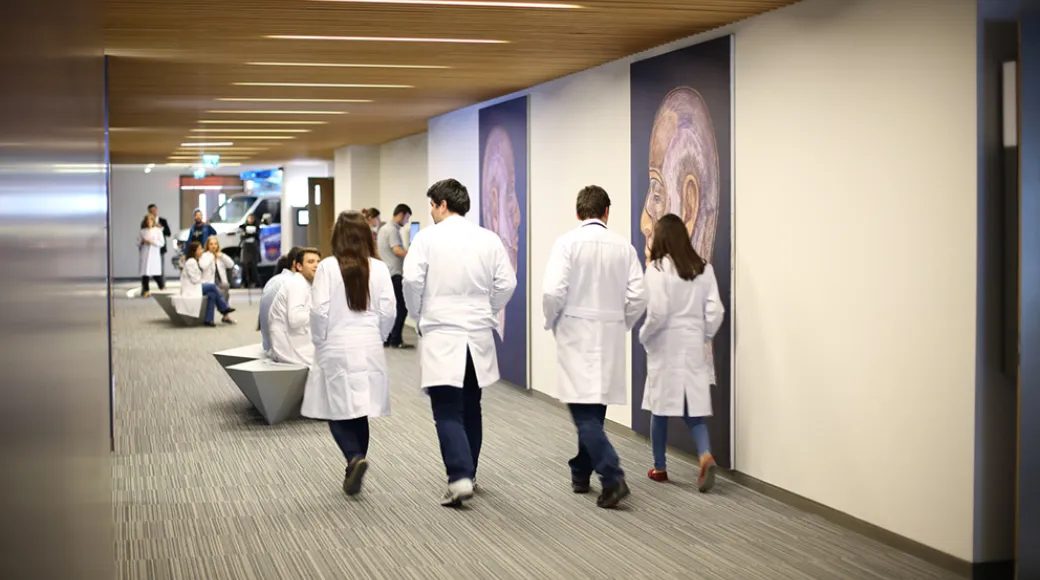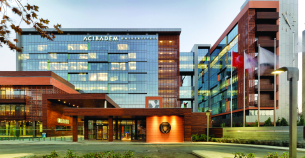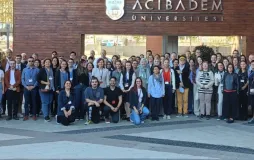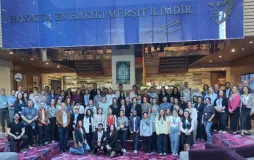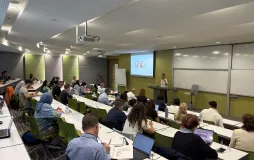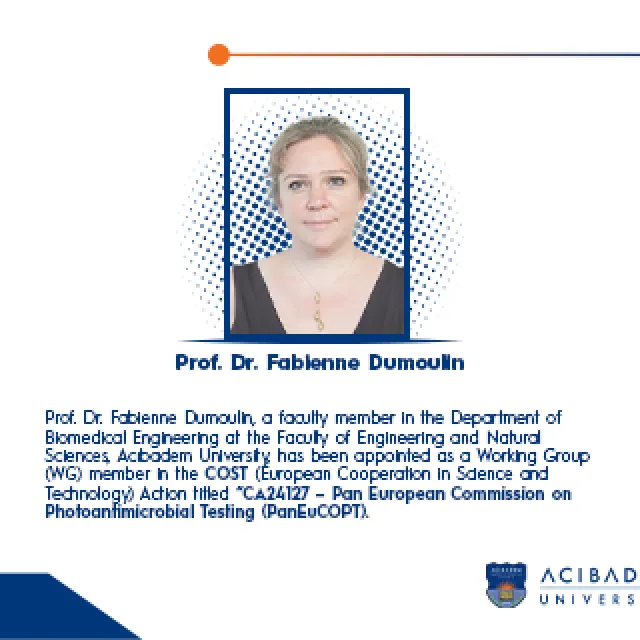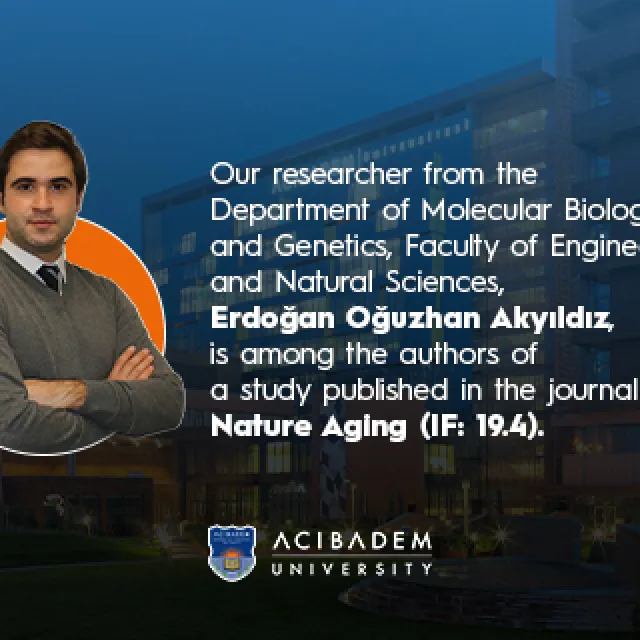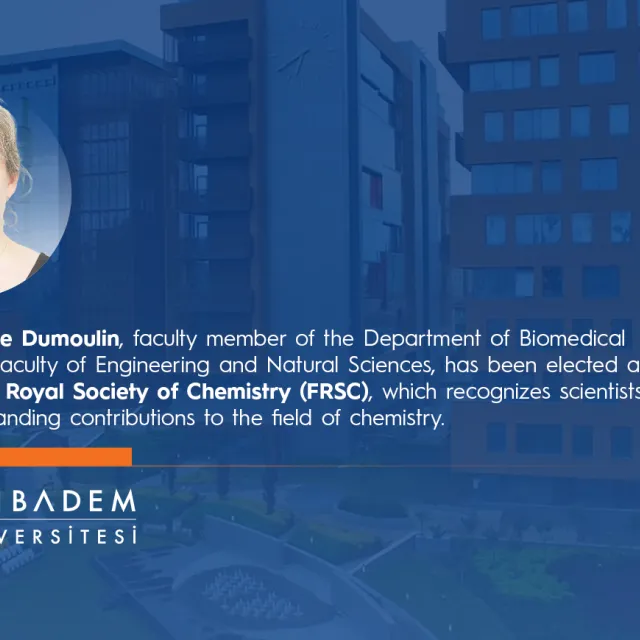Frequently searched keywords:
COST Action NETSKINMODELS Istanbul Meeting Held at Acıbadem University
Haber tarihi: 21/10/2025
Last update date: 21.10.2025
The NETSKINMODELS Istanbul Meeting was held at Acıbadem University between October 1–3, 2025, under the coordination of Prof. Dr. Halime Kenar, faculty member of the Department of Biomedical Engineering, Faculty of Engineering and Natural Sciences, and member of the COST Action. The event was organized with the support of local organizing committee members Assoc. Prof. Dr. Deniz Yücel and Assoc. Prof. Dr. Özgül Gök Özatay, also members of the Action, as well as graduate students from the Biomaterials and Biomedical Engineering Programs.
The main goal of the Action is to establish a center of scientific excellence encompassing research laboratories, hospitals, industrial R&D departments, NGOs, regulatory bodies, and patients. It aims to promote scientific and industrial capacity in developing, sharing, and producing advanced cell-based and computational in vitro models of healthy and diseased skin across Europe.
In recent years, experimental dermatology has advanced from using ex-vivo skin tissues as research tools to developing reconstructed in vitro and in silico skin models, which hold strong potential for enhancing the value of scientific and clinical outcomes and reducing animal testing. However, existing skin models still lack the natural complexity and standardization of real tissue, which limits their broader acceptance by the scientific community and regulatory authorities.
In this context, COST Action NETSKINMODELS focuses on the development and standardization of realistic organotypic human skin models of both healthy and diseased tissue, as well as the dissemination of pioneering scientific knowledge. Additionally, the Action trains new-generation scientists in practical applications to ensure the long-term dissemination and continuous improvement of these models.
The NETSKINMODELS Istanbul Meeting was held in line with these objectives, bringing together 94 members from 25 different countries for three days of in-person sessions at Acıbadem University. The meeting provided a productive platform for discussing the current status of the Action, defining strategies to sustain the international consortium beyond the project’s official term, and fostering new scientific collaborations.
